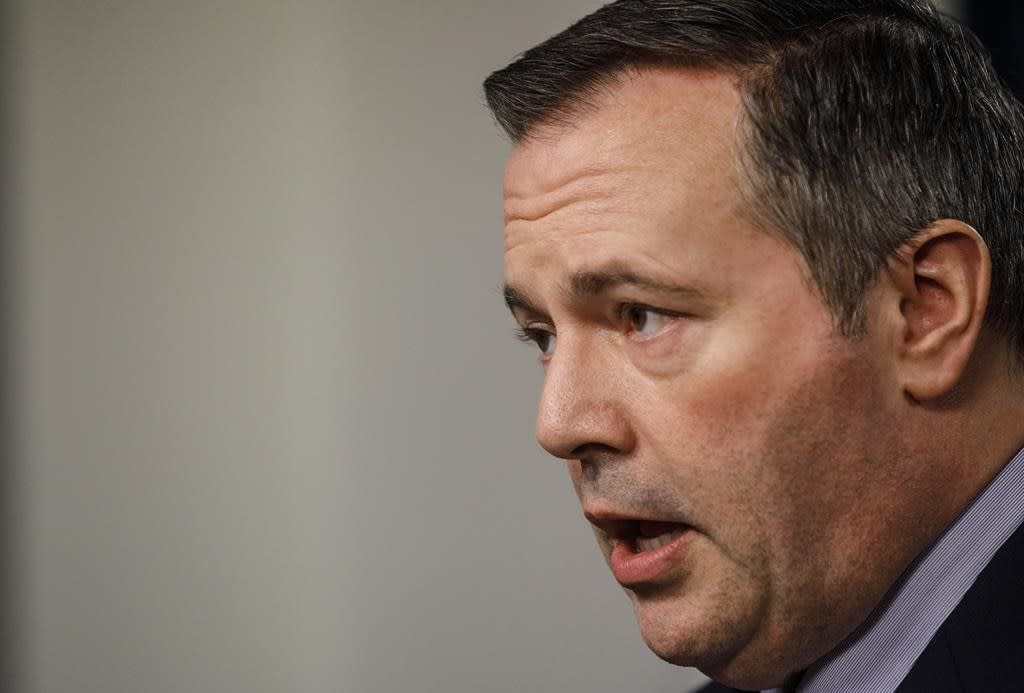JonnyCanuck
Senior Member
My thoughts regarding CBBarnett's post:
Post great recession, the O&G industry got back on it's feet. Oil returned to around $100/barrel and stayed there until the latter half of 2014. Capital spending and most importantly foreign investment raised 'all boats' as you put it. Companies were hiring for projects to expand capacity. A lot of those jobs were consulting positions and not payroll, but yes they were good paying. Companies were banking on having new pipeline infrastructure coming on line to support increased capacity.
After 2014, the price of oil fell. Capital spending was cut along with a lot of jobs. New projects shelved. Foreign investment evaporated as companies did not view oil sands as a good place to invest any longer. The environmental group lobby targeting the oil sands while the U.S shale oil business boomed, hurt us. What happened to global demand for oil & gas between 2014 and 2020 (pre-COVID)? .... it increased!
So Canada still has tremendous supply but cannot get product to market efficiently. We have 4% of the global market. If we want more than that share, then we need to increase capacity, and we need the infrastructure to support that. Increasing capacity will require more projects, and more jobs, producing more oil for global consumption. More exports allows Canada to pay for more things .... like rising debt or infrastructure projects. It all sounds pretty simple but unfortunately, it is made to be very complex. All we need is some vision which is sadly lacking in this country.
Post great recession, the O&G industry got back on it's feet. Oil returned to around $100/barrel and stayed there until the latter half of 2014. Capital spending and most importantly foreign investment raised 'all boats' as you put it. Companies were hiring for projects to expand capacity. A lot of those jobs were consulting positions and not payroll, but yes they were good paying. Companies were banking on having new pipeline infrastructure coming on line to support increased capacity.
After 2014, the price of oil fell. Capital spending was cut along with a lot of jobs. New projects shelved. Foreign investment evaporated as companies did not view oil sands as a good place to invest any longer. The environmental group lobby targeting the oil sands while the U.S shale oil business boomed, hurt us. What happened to global demand for oil & gas between 2014 and 2020 (pre-COVID)? .... it increased!
So Canada still has tremendous supply but cannot get product to market efficiently. We have 4% of the global market. If we want more than that share, then we need to increase capacity, and we need the infrastructure to support that. Increasing capacity will require more projects, and more jobs, producing more oil for global consumption. More exports allows Canada to pay for more things .... like rising debt or infrastructure projects. It all sounds pretty simple but unfortunately, it is made to be very complex. All we need is some vision which is sadly lacking in this country.





